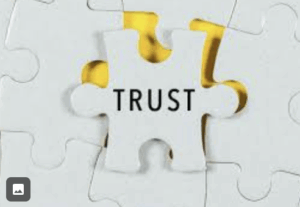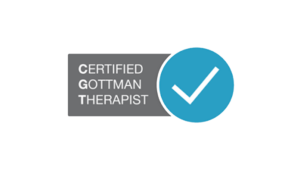Technology has opened new doors for mental health support. From meditation apps to journaling prompts, many people are turning to digital tools to help them manage stress, anxiety, and other challenges. One of the latest innovations is ChatGPT, an AI-powered conversational tool that can provide guidance, support, and even help you reflect on your feelings.
But while ChatGPT can be helpful in certain ways, it’s important to remember: AI is not therapy, nor is it a substitute for working with a licensed therapist. Instead, it can be a supplemental tool that enhances your mental health journey.
How ChatGPT Can Support Mental Health
Many people find ChatGPT helpful in moments when they need a quick way to process their thoughts. It can be used as:
- A journaling partner: You can type out your feelings and have ChatGPT ask reflective questions, much like a guided journaling practice.
- A stress-relief tool: ChatGPT can suggest breathing exercises or grounding techniques when you’re feeling overwhelmed.
- A thought organizer: Sometimes, getting your thoughts into words is the hardest part. ChatGPT can help you reframe worries or clarify goals.
For example, someone experiencing anxiety may benefit from practicing calming strategies that ChatGPT suggests. However, when anxiety becomes overwhelming or impacts daily life, professional support is essential. At Kingston & Co Counseling, our therapy services provide individualized care to help you work through the root causes, not just the symptoms.
Why ChatGPT Cannot Replace Therapy
While AI can offer helpful suggestions and a non-judgmental space for self-reflection, it cannot replicate the role of a therapist.
A licensed therapist provides:
- Personalized treatment plans tailored to your unique history and needs.
- Emotional attunement that goes beyond words—such as empathy, understanding, and body language.
- Evidence-based interventions that address underlying issues, not just surface-level symptoms.
For instance, couples may turn to ChatGPT for communication tips, but real breakthroughs happen in a safe space with a therapist. Our Couples Therapy sessions focus on building trust, repairing connection, and fostering deeper understanding between partners—something AI simply cannot replicate.
Finding the Right Balance
Using ChatGPT alongside therapy can be beneficial if you approach it with the right mindset. Think of it as a tool for reflection, not a treatment. AI can help you:
- Stay accountable between therapy sessions
- Practice skills you’ve learned in counseling
- Explore your thoughts when you don’t have someone to talk to immediately
But when it comes to deep healing, processing trauma, or navigating complex emotions, nothing replaces the expertise and care of a professional.
Final Thoughts
ChatGPT can be a powerful addition to your mental health toolkit, but it should never replace therapy. If you find yourself struggling with anxiety, depression, relationship challenges, or any other concerns, seeking support from a trained therapist is the best step you can take.
At Kingston & Co Counseling, we’re here to help you find clarity, connection, and healing. Learn more about our services and how we can support you on your journey.







